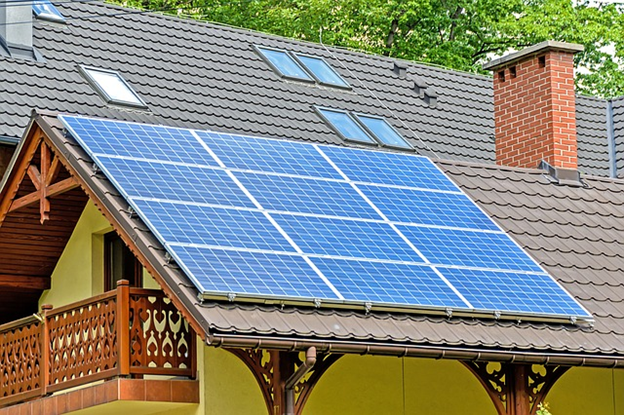Are you planning to invest in solar energy?
The American solar industry is thriving since over 10,000 companies operate within the country. It drove the prices lower while raising the quality.
However, your solar system installation can take a toll on your home and family. You can mitigate these effects through preparation.
Read on as we discuss what to do before contacting your local solar company:
1. Consider Your Solar Panel System Location
The best place to maximize solar power efficiency is somewhere bright and sunny. If you live in the northern hemisphere, the ideal area is south-facing roofs.
Do trees eclipse your south-facing roof? If so, consider removing or at least trimming them.
An alternative when you lack this direction is to use your west- or east-facing roof. These areas enjoy less sunlight exposure. Compensate by adding more panels.
When the roof has no redeeming qualities, think about getting a ground-mount solar panel system instead. Look around your property to discover an ideal spot. Your objective is to find an area with the most sunlight exposure.
2. Repair Your Home When Necessary
The average lifespan of solar panels is 20 to 25 years. Your property must outlast the system to ensure you get the most of it. It is a vital step when your solar system installation is on the roof.
Ensure your roof can accommodate your solar panel system. The larger your system, the heavier it becomes. It will also require more space.
Aside from strength, check whether your roof has broken tiles or potential leaks. These minor damages take a long while before they trouble your home. However, a solar panel system will worsen these problems.
3. Discover Your Local Regulations
Before proceeding with the project, you might need regulatory approvals. Check with your local building department and utility company. Some requirements include:
- Equipment specifications
- Electrical designs
- Building plans
Your solar installation company must take care of this process. Regardless, you will benefit when you understand the paperwork they will submit.
Aside from regulations, ask your utility company about excess electricity compensation. Most will give you credit through net metering. You can use the credit to draw electricity from the grid when your solar panels can’t make energy.
Learn about solar power pros and cons with this link: https://blueravensolar.com/blog/solar-pros-and-cons/.
4. Prepare Your Property for the Installation Process
Installing a solar panel system is simple and non-invasive. It means your family needs little to no preparation when experts arrive. Regardless, ensure your property is easy to access.
Clear any obstruction, especially the areas to house the battery system and inverter. Consider clearing the areas around your utility meter and electric panel.
Most residential solar panel systems conclude within two to five days.
Prepare for Solar System Installation Now
Now you know how to prepare for a solar system installation. However, your primary goal is to find the best solar company around. They are accommodating and will ensure the installation process goes smoothly.
Did this guide help? Consider visiting our blog for more.

